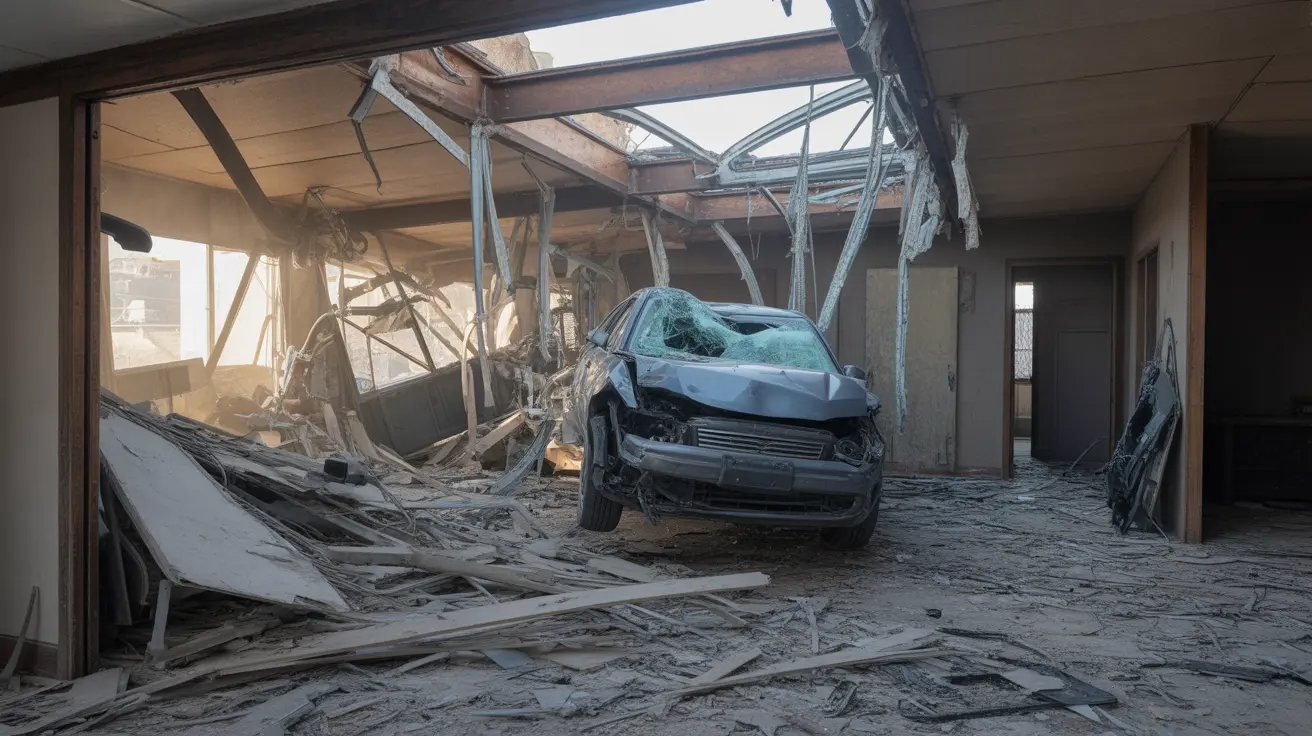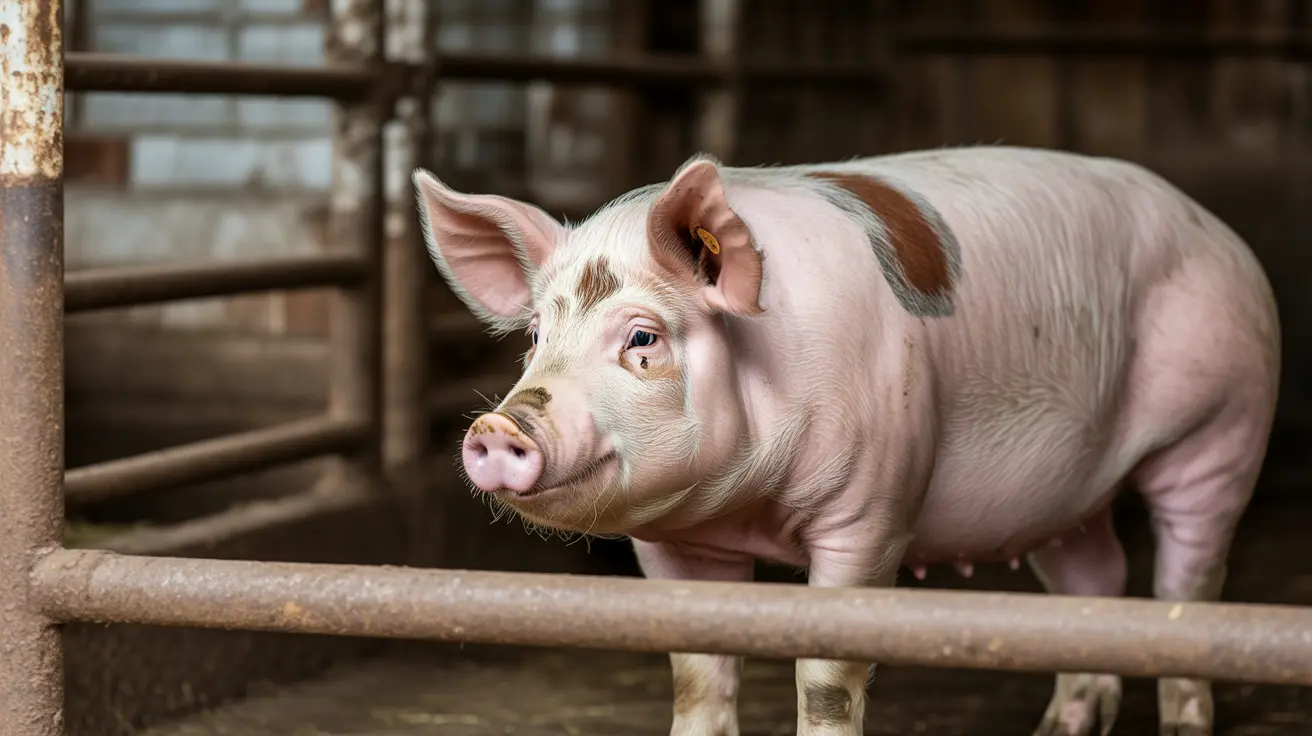When your cat undergoes surgery for an intestinal blockage or foreign body removal, proper post-operative care is crucial for a successful recovery. This comprehensive guide will walk you through what to expect during your cat's recovery period and how to provide the best possible care at home.
Understanding the recovery process and knowing what signs to watch for can make a significant difference in your cat's healing journey. Let's explore the essential aspects of post-surgical care and recovery management.
Initial Post-Surgery Care and Hospital Stay
Immediately after surgery, your cat will typically remain in the hospital for 1-2 days. During this time, veterinary staff will:
- Monitor vital signs and recovery progress
- Provide intravenous fluids for hydration
- Administer pain medication and antibiotics
- Ensure your cat begins eating and drinking normally
This observation period is crucial as the first 72 hours post-surgery are when most complications, if any, tend to develop.
Managing Your Cat's Recovery at Home
Creating a Safe Recovery Environment
When bringing your cat home, create a quiet, comfortable space where they can rest undisturbed. This area should:
- Be away from other pets and household traffic
- Have easy access to food, water, and litter box
- Be free from furniture they might attempt to jump on
- Maintain a comfortable temperature
Activity Restrictions and Monitoring
For the next 10-14 days, your cat will need strict activity limitations:
- Prevent jumping, running, or rough play
- Keep them confined to a single room if necessary
- Use a carrier for transportation
- Monitor the surgical site daily for signs of infection
Nutrition and Medication Management
Proper nutrition and medication adherence are vital for recovery:
- Follow your veterinarian's feeding instructions carefully
- Administer all prescribed medications on schedule
- Monitor food and water intake
- Watch for signs of appetite changes or digestive issues
Recognizing Signs of Complications
Being alert to potential complications can help ensure prompt medical intervention if needed. Watch for:
- Vomiting or diarrhea
- Lethargy or depression
- Fever
- Lack of appetite
- Swelling or discharge at the incision site
- Difficulty using the litter box
Frequently Asked Questions
What are the typical signs of complications to watch for during my cat's recovery from foreign body surgery?
Watch for vomiting, lethargy, fever, lack of appetite, incision site problems (redness, swelling, discharge), and changes in bathroom habits. Contact your veterinarian immediately if you notice any of these signs.
How long does it usually take for a cat to recover fully after intestinal blockage surgery?
Most cats recover within 10-14 days post-surgery, though full internal healing may take up to 6 weeks. The initial critical period is the first 72 hours after surgery.
What kind of home care and activity restrictions should I follow after my cat's foreign body removal surgery?
Restrict activity for 10-14 days, prevent jumping and rough play, keep the surgical site clean, maintain the E-collar as directed, and follow all medication and feeding instructions from your veterinarian.
Why is there a high risk of peritonitis after foreign body surgery in cats, and how is it treated?
Peritonitis risk is high due to potential intestinal leakage at surgical sites. It's treated with aggressive antibiotic therapy, sometimes additional surgery, and intensive supportive care. Early detection and treatment are crucial for survival.
How can I prevent my cat from ingesting foreign objects again after surgery?
Remove or secure potential hazards like string, hair ties, and small toys. Keep garbage covered, store dangerous items out of reach, and provide appropriate cat toys and enrichment activities to prevent boredom-related ingestion.
Long-Term Prevention and Care
After recovery, focus on preventing future incidents by maintaining a safe environment and staying vigilant about your cat's behavior. Regular veterinary check-ups can help ensure continued health and catch any potential issues early.






